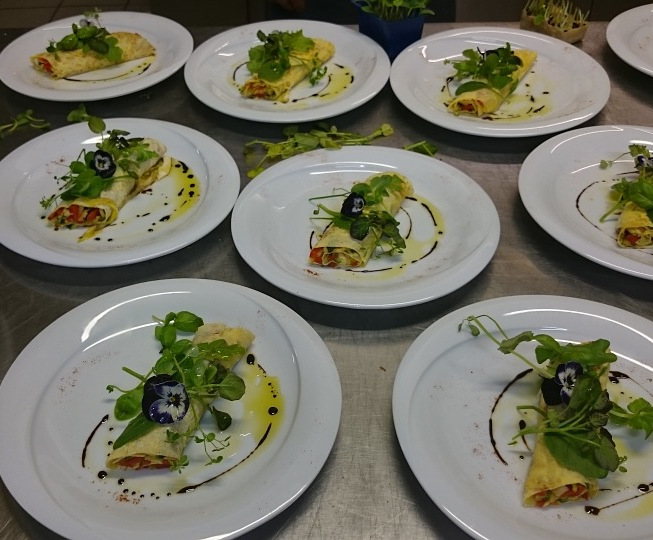2026 Autumn Budget event industry asks, event inclusion, and more
This month’s news highlights industry 2026 Autumn Budget asks, an industry driven by growth, accountability and inclusion. From economic gains to new standards and support...

According to a recent report by the Food Standards Agency, more adults are having allergic reactions to food because of the peer pressure to try different cuisine, take risks with foods they are unsure about, and not admit to known allergies due to embarrassment.
Unfortunately, the NHS does not hold data on specific food allergies but figures for overall allergies, which include food-related cases, are rising sharply. According to NHS Digital data, there were 25,093 hospital admissions for allergies in England in 2016, up by 36% from 2012.
For meetings and event planners, this presents significant challenges when menu planning.
Therefore, here’s our checklist of four things to consider when discussing food choices with hotels and venues.
Don’t be the cause of kitchen chaos
You may think that a choice menu for 600 guests will circumnavigate some of today’s potential dietary issues, but have you considered what impact that could have on the kitchen? If guests see a dish being carried to a nearby table of something they’d prefer, it’s amazing how quickly they remember a forgotten chicken allergy, just so they can switch to their favourite sea bass. At a hotel or venue, the catering staff have to treat everyone the same so if somebody says they’ll be ill if they eat a certain dish, that has to be believed and dealt with accordingly.
Leave individuals in expert hands
The advice from Executive Chefs is to select the best possible menu for the majority of your guests and don’t worry about the CEO who doesn’t like mushrooms or is gluten free. An experienced catering team will handle individual exceptions professionally, leaving you to focus on creating the right impression with exciting food for the majority of guests.
Put the onus back onto guests
As an organiser, ensure that you’ve done everything within your power to communicate to guests that, should they have an undeclared food allergy, they can discuss it in private with a senior member of the catering team or make staff aware with the use of a table card. Ideally, you want to focus on medical requirements rather than food preferences and be aware of the sensitivities of early-stage pregnancies. If you’re planning a buffet, all foods will need to be labelled with the correct dietary information.
A secret of the trade
The majority of hotels prepare for the unknown by catering for an additional 10% of guests who change their mind or reveal food allergies. This trade secret should be confirmed with your hotel catering team and increased if thought necessary. If someone has a serious allergy to an ingredient such as nuts, their dessert will need to be prepared in a completely separate area of the hotel or bought in from the outside. It is safer to assume that most hotel pastry kitchen are already contaminated by nuts (and that’s not just the pastry chefs!).
These four considerations were discussed in-depth at our most recent Meetings Voice forum, held at the Royal Lancaster London. Should you wish to join our next event or would like to discuss menu planning for events, please contact Trinity Event Solutions or email [email protected]